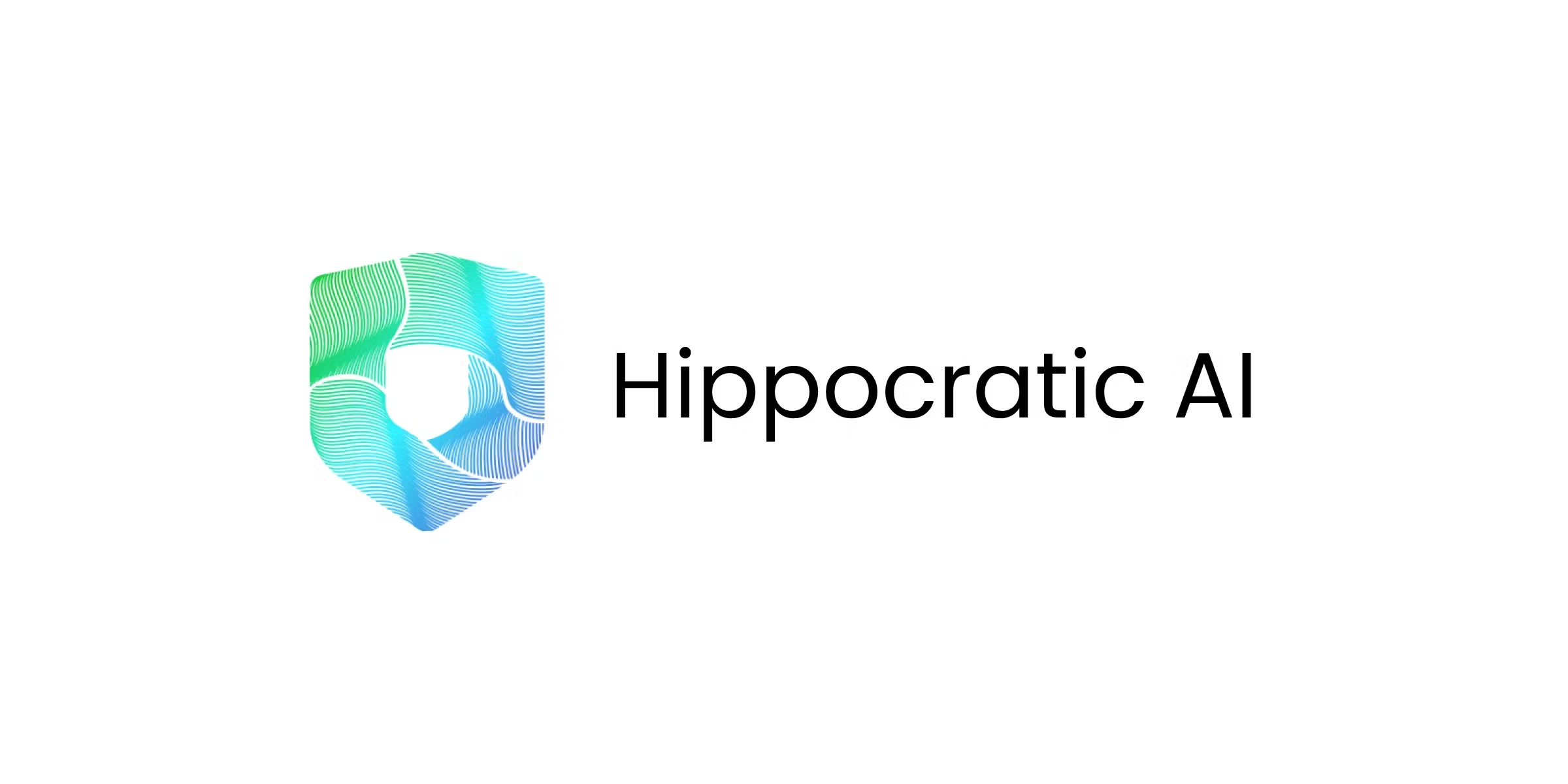Is a Computer Science Degree Worth It?
Are you wondering, “Is a Computer Science Degree Worth It?” This question is increasingly asked by students, parents, and professionals contemplating education and career development in a tech-driven world. The appeal of programming, artificial intelligence, cybersecurity, and other tech fields has never been greater, yet so has the debate over the true value of formal education in computer science. This blog post dives deep into the topic, highlighting its significance, alternatives, and future potential, so you can make an informed decision about your education and career. Keep reading to discover if a computer science degree aligns with your goals and aspirations!
Also Read: The Future of Coding Boot Camps in The Age of AI
The Growing Demand For Computer Science Professionals
The technology industry is one of the fastest-growing sectors globally, with career opportunities multiplying at an unprecedented pace. From developing disruptive software solutions to ensuring data security and exploring advancements like machine learning, the field of computer science offers a diverse range of career paths.
According to the Bureau of Labor Statistics, computer science-related careers are expected to grow by 15% between 2021 and 2031, much faster than the average for other occupations. These fields include software development, cybersecurity, and cloud computing, with jobs that offer competitive salaries and a chance to work on innovative projects. With such high demand, a computer science degree promises plenty of opportunities for graduates, making it an appealing choice for many.
Also Read: How To Start A Career In AI?
What Does a Computer Science Degree Cover?
A computer science degree lays the foundation for understanding computational systems, algorithms, and software development. It typically includes coursework on subjects like programming languages, operating systems, data structures, algorithms, database management, and web development.
Many programs go beyond standard curricula by incorporating emerging fields such as artificial intelligence, machine learning, and blockchain development. Universities and colleges often allow students to specialize in areas like robotics, software engineering, or network security, giving them a chance to tailor their education to specific career aspirations.
This comprehensive approach prepares students not only to solve technical challenges but also to think critically and creatively. Such versatility makes computer science graduates valuable contributors in various industries, from tech startups to multinational corporations.
Advantages of Pursuing a Computer Science Degree
While self-taught programming and boot camps have gained popularity, a computer science degree maintains its advantages. Here are some key benefits:
Structured Learning
One of the most significant advantages of pursuing a computer science degree is the exposure to structured learning. Academic programs are designed to guide students through foundational concepts, theory, and hands-on practice progressively. This structured pathway enables a deeper understanding of topics that might be difficult to tackle independently.
Access to Research and Resources
Universities often provide access to cutting-edge research, state-of-the-art technology, and high-quality mentorship. CS students can work on innovative research projects or gain internships at leading tech firms through university connections. Such opportunities enable valuable real-world experience that puts students ahead of their non-degree-holding peers.
Credibility and Recognition
A degree from a reputed institution carries significant weight in the job market. Many hiring managers value a formal education as it reflects not only technical competence but also a commitment to long-term learning and personal growth. Academic credentials often open doors to interviews, especially at top-tier technology companies.
Challenges to Consider
While a computer science degree offers various benefits, it’s critical to weigh the associated challenges. The degree can be expensive, with rising tuition fees placing a financial burden on students. Furthermore, the coursework can be demanding, requiring unwavering dedication and time to succeed.
Additionally, the technology industry evolves rapidly. What you learn today may become outdated in just a few years. This means that computer science graduates must supplement their degree with continuous learning and skill updates throughout their careers.
Also Read: Google and Samsung Unveil AI Face Computer
Exploring Alternatives: Are Short Courses and Boot Camps Enough?
The debate over whether a formal degree is necessary has also given rise to alternative education options, such as short-term coding boot camps, online certifications, and self-directed learning resources. These options are appealing because they are flexible, cost-effective, and focus on practical, job-ready skills.
Boot camps can be particularly helpful for individuals looking to switch careers or specialize in specific areas such as web development or data science. While these alternatives provide immediate value, they often lack the theoretical depth, long-term credibility, and network-building opportunities that a degree offers.
Also Read: Understanding Quantum AI: The Future of Technology
Is a Degree Still Valuable in the Age of Self-Learning?
In the age of free resources like YouTube tutorials, GitHub repositories, and massive open online courses (MOOCs), it’s fair to question whether formal education is still necessary. While self-learning can teach you coding basics and help you build projects, it rarely offers the industry recognition, academic rigor, and comprehensive curriculum that a degree provides.
Additionally, a degree fosters soft skills, such as teamwork, communication, and time management—qualities employers highly value yet are difficult to develop in solitary, self-paced environments. For those seeking leadership roles or careers in academia or research, a formal degree remains a critical stepping stone.
Also Read: AI test that detects heart disease in just 20 seconds
Trends Shaping the Future of Computer Science Degrees
The evolution of technology often reshapes how computer science degrees are offered and valued in the job market. Increasingly, educational institutions are adopting interdisciplinary approaches to cater to emerging needs. Collaboration between computer science and other fields, such as healthcare, finance, and logistics, is leading to unique career opportunities like computational biology and fintech engineering.
Hybrid learning models and industry partnerships are also gaining traction. Universities are teaming up with tech companies to deliver more industry-relevant courses. This evolution ensures that traditional degrees remain competitive against faster-paced educational alternatives.
Final Thoughts: Making the Right Decision
Deciding whether a computer science degree is worth it depends largely on your personal goals, financial situation, and learning preferences. If you value structured learning, long-term career stability, and access to research and mentorship, a degree offers undeniable benefits. It provides a foundation that can support you in navigating the ever-changing tech industry.
Conversely, if you are looking for quick, practical skills or already have substantial experience in the field, self-learning or boot camps could be the better fit. Remember, success in the tech world ultimately depends on your ability to adapt and keep learning, whether you have a degree or not.
A computer science degree remains a worthy investment for many, but like all major decisions, it is vital to weigh your options and align them to your future aspirations.
Source link
 Insights Daily World is your one-stop destination for discovering unbeatable discounts, trending deals, and the latest offers across various products. Stay informed with the newest updates, breaking news, and insightful deals, all designed to help you save and stay ahead
Insights Daily World is your one-stop destination for discovering unbeatable discounts, trending deals, and the latest offers across various products. Stay informed with the newest updates, breaking news, and insightful deals, all designed to help you save and stay ahead




